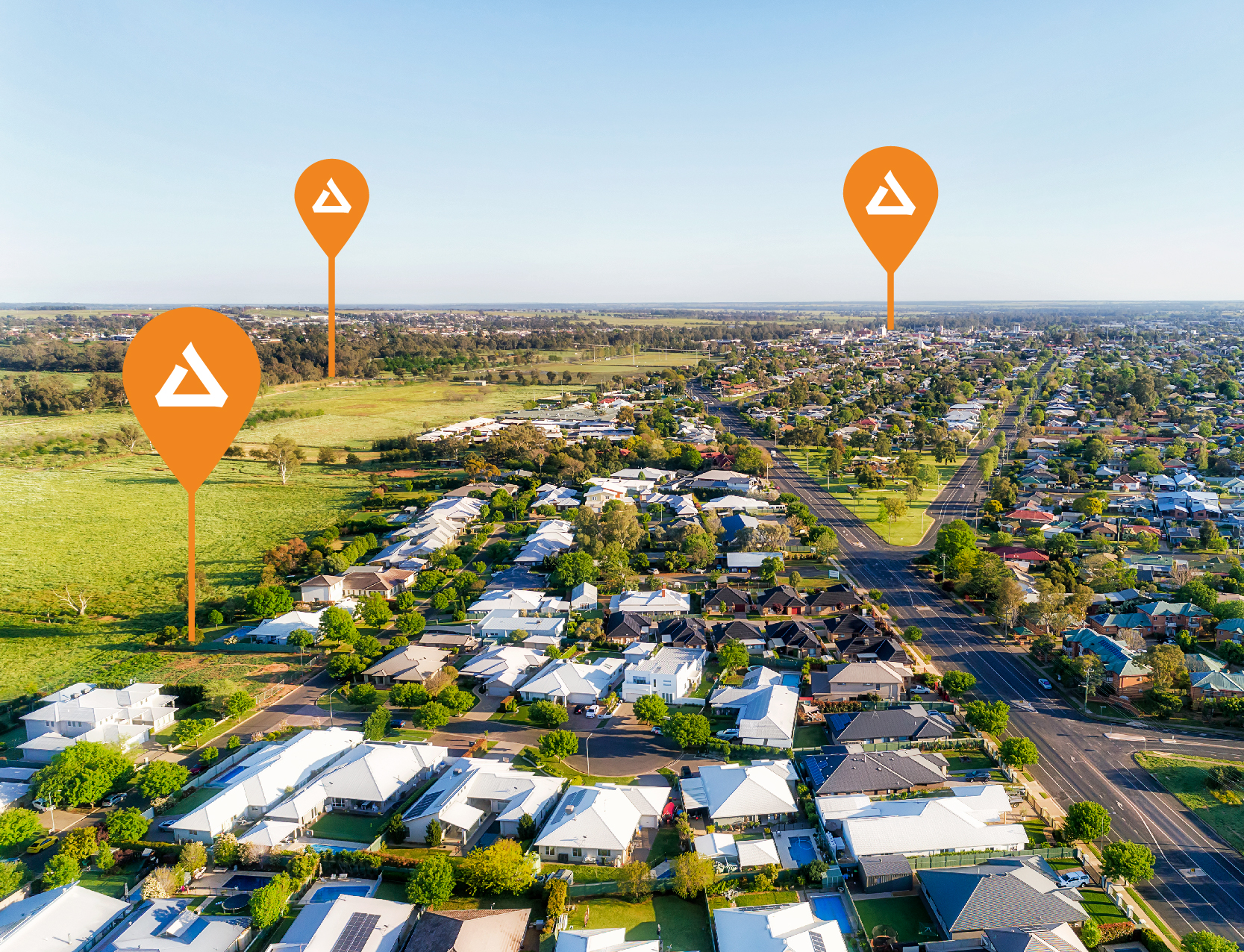CATEGORIES
- ALL
- VIC
- QLD
- SA
- NSW
All Categories
Home Design Inspiration
Home Finance Tips
Home Building Tips
Knockdown and Rebuild
Latest News and Burbank Updates
Property Insights and Investments
Home Building Master Class
All Categories
Home Design Inspiration
Home Finance Tips
Home Building Tips
Knockdown and Rebuild
Latest News and Burbank Updates
Property Insights and Investments
Home Building Master Class
Grants and incentives for First Home Buyers
see more....How tax cuts can help you into your new home quicker
On July 1, the Federal Government’s new Stage 3 tax cuts started, putting much needed cash int ... see more.
see more....Why our new homes are better than ever
Embracing the Future: The Benefits of the New National Construction Code for Burbank Homes ... see more.
see more....Kitchen Trends After the Engineered Stone Benchtop Ban
The rise of stone alternatives and how to use these in your new build ... see more.
see more....























